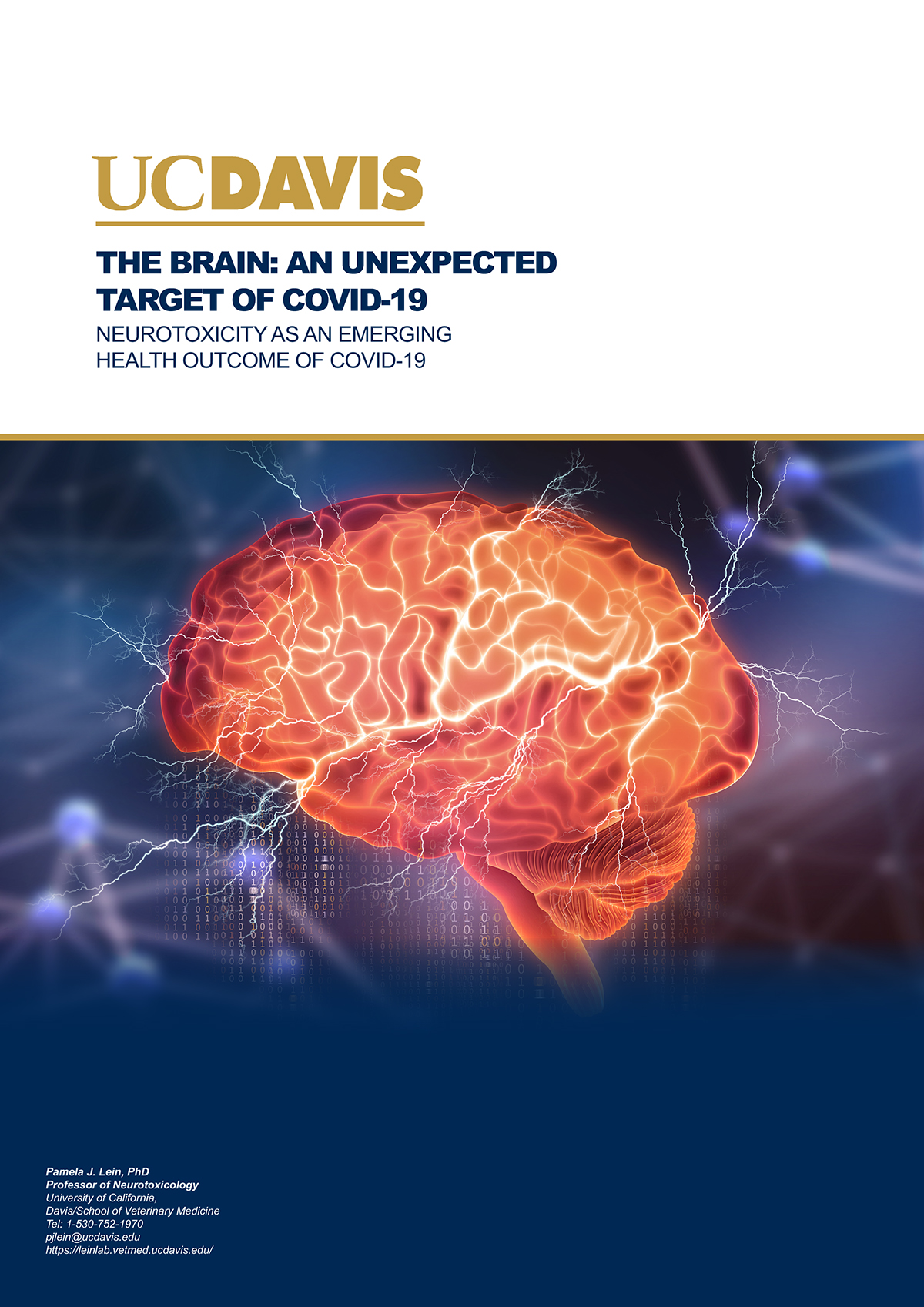Here, Professor Pamela Lein at University of California, Davis, discusses the relatively unexplored issue of the human brain as a target of COVID-19
When it comes to COVID, the respiratory impact dominates public perception. The discussion around availability of oxygen and ventilators is urgent, especially in Global South countries which currently lack access to vaccine manufacturing rights. The second most feared impact is what happens after surviving – organ failure after recovery is being rapidly researched as healthcare professionals attempt to stop as many deaths as possible.
Here, Professor Lein looks at how this virus could impact one of the most complex and valuable organs in the human body – the brain.
The poet Tanveer Naseer once said: “Our ability to think critically is like a lighthouse shining a light on the fog of uncertainty, helping us to find our way to safety and better times.”
The way that some individuals recover and others negotiate the existence of Long COVID (where the virus stays for well over three weeks) is an ongoing point of curiosity for researchers, who are beginning to dissect the impact of this disease from every angle that exists.
Professor Lein looks at the relatively minor impacts of COVID, which are listed as common symptoms for understanding if you have the virus or not. Roughly 12% of patients report that they have a headache. These symptoms also include ‘brain fog’, which is an inability to concentrate that plagues some patients. Some others lose their sense of taste and smell, which has no life-threatening result but can really diminish quality of life for individuals.
However, the more substantial brain impacts include things like stroke and encephalitis, the potential of which concerns healthcare professionals and the public across the world.
But what is causing some people to undergo such drastic neurological impacts? This analysis explores neuroinflammation, alongside oxygen depletion and the damage to cells.
To find out what leading researchers are thinking about how COVID-19 targets the brain, what they’re working on and what mysteries remain to be understood, read more here.


